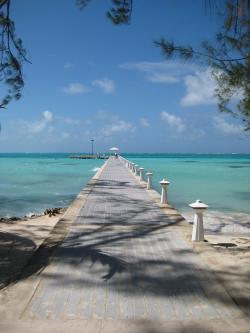The KiwiSDR 2 online store is open for orders! Please visit kiwisdr.nz
Please visit kiwisdr.com (documentation) and kiwisdr.nz (online store)
jks
About
- Username
- jks
- Joined
- Visits
- 30,989
- Last Active
- Roles
- Member, Administrator, Moderator
- Points
- 279
Reactions
-
Offset issue [offset field of label edit panel, fixed input parsing bug]
That's precisely what it's used for. Click on an existing NDB entry to see (but I guess I don't ship with any NDB entries defined by default anymore). Anyway, when you set an offset in a label you should see that the label vertical line points at the frequency + offset position, but a small triangle appears at the carrier position. That's so you can tell which carrier belongs to the NDB. The offset field can be set to a positive or negative value in case the NDB modulates on only one sideband (or is stronger on one sideband, or you need to place the label on the opposite sideband because there are too many labels already on the other sideband).Another NDB assist: the large (outer) + and - frequency step buttons will increment in alternating 400 and 1000 Hz steps to match the common NDB modulation spacings. -
Remote access kiwisdr using console or Putty
-
Dealing with excessive noise - SOLVED: Ethernet over Power caused noise
-
Dealing with excessive noise - SOLVED: Ethernet over Power caused noise
Ugh, that's just about the worst noise I've ever seen.It might be ADSL or broadband-over-powerline (BPL). Note how the spectrum is obviously "notched" around the 30m, 20m, 17m and 15m ham bands (purple segments in band display). That's the service provider trying to keep hams happy, but failing dreadfully in this case. If you rotate the loop does the noise null at all?I think it might also be several independent noise sources. I've seen those strong 0 - 30 MHz lines that look like static crashes before. I think they come from seriously defective switch mode power supplies.
-
Save money on another Kiwi or tell a friend [KiwiSDR sometimes on drop.com for $100 off MSRP]



